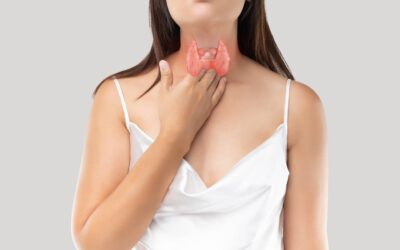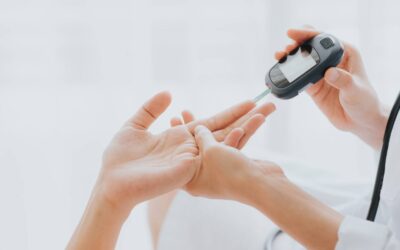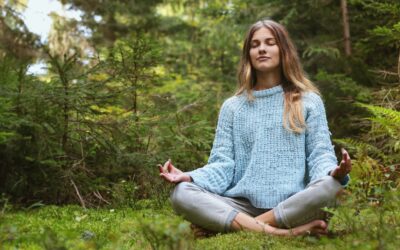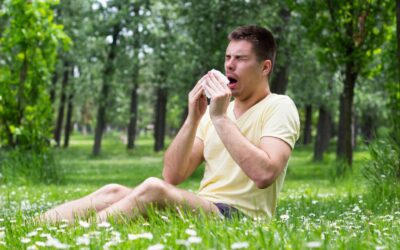We spend on average 1/3 of our lives asleep. To busy people this may seem like a waste of precious time; and often when we are running on a tight schedule, sleep is the first thing to be sacrificed. Sleep is vital for all aspects of our health and wellbeing, however telling someone to ‘get more sleep’ is easier said than done. Finding it difficult to fall asleep, waking during the night, or waking up feeling tired is common, however it is not normal. A good night’s sleep can do a world of good, and it should be attainable for everyone.
Sleep difficulties are becoming increasingly common in today’s hectic, stressful world. A vicious cycle is often created, whereby increased anxiety and stress through the day make sleep elusive at night, and a lack of quality sleep contributes to stress and frayed nerves during the day. Over time this can take a significant toll on health and seriously undermine quality of life.
contributing factors To Insomnia:
- Expecting to have difficulty sleeping and worrying about it
- Ingesting excessive amounts of caffeine
- Excessive napping in the afternoon or evening
- Irregular or continually disrupted sleep/wake schedules
Insomnia is common and a normal response to life’s stresses, including aging and illnesses that cause discomfort or anxiety during the night. While not usually dangerous, insomnia can make you feel tired, depressed, tense or anxious. The good news is you don’t have to live with it.
tips to help reduce sleep problems:
- Get into a regular sleep pattern. Get up at the same time each morning and go to bed at the same time each night to set your biological clock and maintain regular sleep.
- Ensure your bedroom is comfortable for sleeping. Avoid temperature extremes, noise and light. These will disrupt sleep for almost everyone.
- Wind down before going to sleep. A good 30 minutes to 1 hour of relaxing before bedtime could get you in just the right mind-frame for a good night’s sleep.
- Use your bedroom mainly for sleep. Eating, drinking, using your computer and watching TV may keep you from falling asleep.
- Avoid napping in the afternoon or for longer than 1 hour.
- Avoid any stimulants such as black and green tea, alcohol, tobacco, and caffeine.
- Try eating a light bedtime snack. Some people sleep better after snacking on foods that contain high amounts of tryptophan (an amino acid), which is found in milk and bananas. Other sources include avocado, dates, figs, grapefruit, oranges, papaya, peaches, pears, persimmon, pineapple, strawberries, and tomatoes. All vegetables, grains, legumes, nuts (except pistachio), seeds, meat, fish, eggs, chicken and cheese include tryptophan as well.
- Exercise regularly. It’s a good idea to carry out 20-30 minutes of exercise after the evening meal (and at least three hours before trying to sleep), three to four times a week.
- If you can’t sleep at night get up and try some light stretching exercises. Use meditation, yoga, progressive muscle relaxation, or massage to prepare the mind and body for sleep.
- Avoid strong sleeping pills if you can help it. Regular use of sleeping pills over a long period of time can actually make your insomnia worse or can lead to drug dependence. Excessive use of sleeping pills can also reduce your ability to function properly during the day.
The natural approach to sleeping problems looks at overall lifestyle, diet and health issues that may be adversely affecting an individual’s well-being.
Quality Supplements:
- Melatonin: is naturally produced in the pineal gland in response to appropriate light exposure. It promotes healthy sleep patterns, assists in inducing sleep, increases sleep duration, reduces jet lag symptoms, is an antioxidant and an immune modulator.
- GABA: supports the body during times of anxiety, panic disorders, stress and sleeplessness. It may promote a calm, restful and relaxed state.
- 5-HTP: improves sleep quality by increasing melatonin production, it also reduces anxiety improves mood in patients with depression
- L-theanine: promotes relaxation, promoting a deeper, more restful sleep







